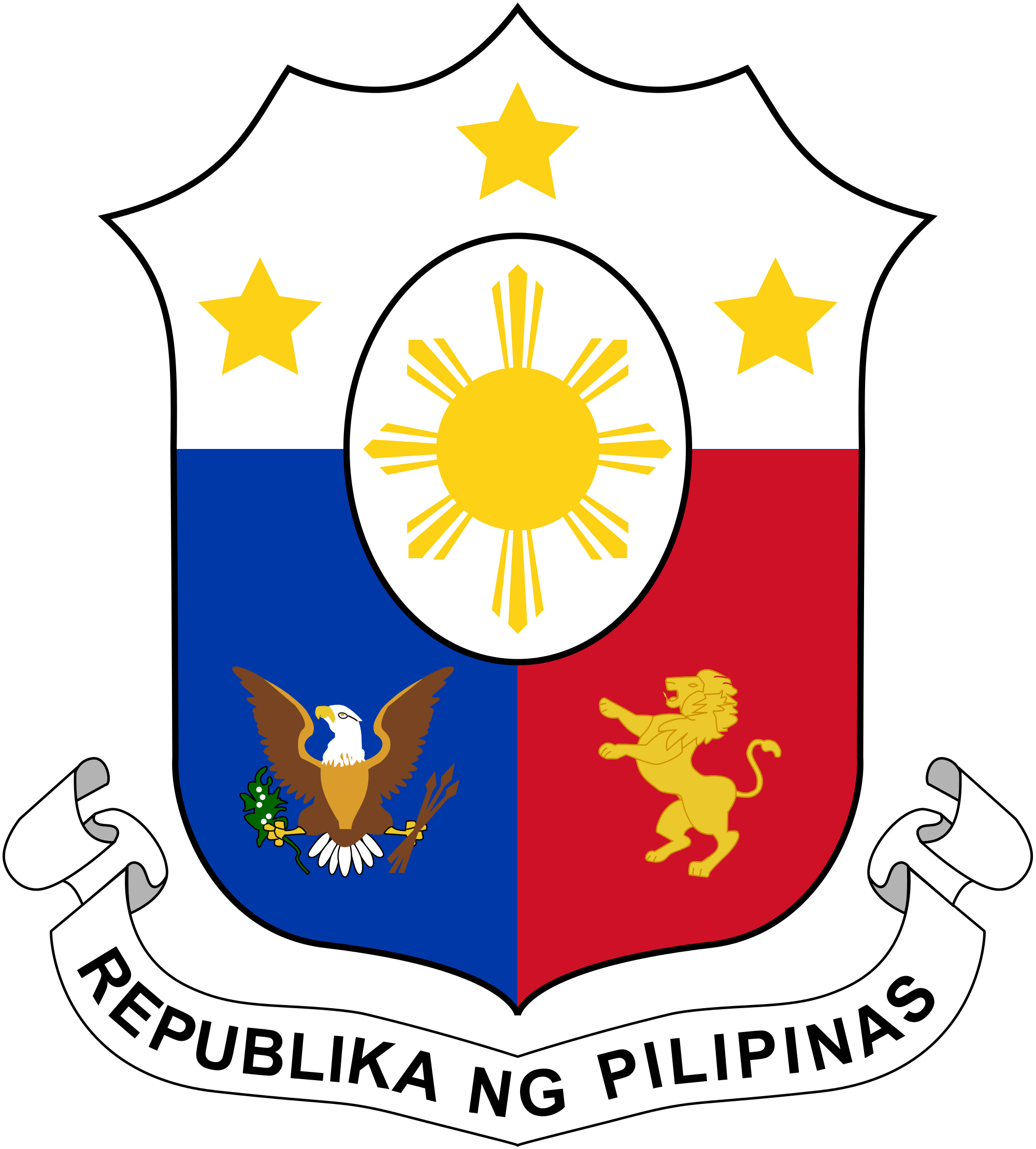
NPC PHE BULLETIN No. 17: Update on the Data Privacy Best Practices in Online Learning
As schools remain constrained to conduct blended learning in lieu of face-to-face classes due to the risks of the COVID-19 pandemic, various inquiries were received from stakeholders on the conduct of synchronous online classes and other related matters.
The National Privacy Commission, in its continuing efforts to provide responsive advice and guidance, underscores the need to balance effective teaching and learning online while upholding data privacy rights.
The Commission recognizes the efforts of the online/blended/synchronous learning mechanisms with the aim of simulating what is supposed to be happening in an actual physical classroom pre-pandemic, to somehow call to mind a sense of normalcy for education. However, we must be reminded that there is considerable difference in context as learners are at home and that this structure cannot fully compare to what happens in an actual physical classroom.
With this, the Commission had dialogues with regulators such as the Department of Education and Department of the Interior and Local Government, to gather inputs on the actual experiences of learners, educators, schools, and parents since the school year started, to help assess and adequately address the concerns raised in order that learning can be better facilitated.
Taking into account that the conduct of synchronous online classes is considered the best substitute for face-to-face classes based on existing research and studies on the matter, below are the some of the recommended practices which may be implemented:
- Schools should create policies or guidelines on the use of cameras for the conduct of online classes and examinations, as may be reasonable and necessary to supervise and monitor learners and help educators in teaching. Opening of cameras during synchronous learning is not prohibited.
Policies or guidelines should also be considered on the following:
- Encourage the use of virtual backgrounds whenever possible to avoid displaying private living spaces.
- Consider equality and fairness in situations if learners experience technical difficulties, limited internet connection, device malfunctions, glitches on the online platforms and other analogous circumstances, and determine the alternative ways to monitor online classes and examinations in these situations.
- Schools should likewise improve existing student codes of conduct, handbooks, or similar internal policies or rules to adequately regulate student behavior during online classes. Schools must remind learners that the screen capturing, sharing, posting in social media, or any other similar kind of processing of chats, images, videos, and sounds involving their classmates and teachers during online classes may be subject to data privacy and other related regulations.
- Schools should strictly enforce their social media policy. Educators and other school personnel who may have collected personal data in their official capacity and/or during an official school activity must be reminded that the same cannot be used for personal purposes, i.e., posting in their personal social media accounts.
- Online classes may be recorded for purposes of viewing by learners who may have missed a particular class, subject to existing school policies on attendance. The same recording may likewise be used by the school and educators for training purposes. It is best that learners and/or parents and guardians are informed beforehand of this processing activity.
- Submissions of assignments and other school requirements may be done through available online messaging applications on a case-to-case basis, considering the circumstances of the learner and/or educator. But this should be done in a manner where the submissions are sent directly to the appropriate teacher or school personnel and not to be made publicly available.
- Educators and school personnel are reminded that communications involving personal data such as exam grades, results of assignments, report cards, reminders on unpaid school fees, etc. should be sent directly to the concerned recipient/s only and should never be posted in a manner that can be accessed or seen publicly.
- All policies, guidelines, or codes, where the same would involve the processing of personal data, should always adhere to the general data privacy principles of transparency, legitimate purpose, and proportionality. The best interests of the learner shall be of paramount consideration.
-
The above recommendations should be read together with the requirements of existing child protection policies and anti-bullying policies, as necessary and appropriate.
***
